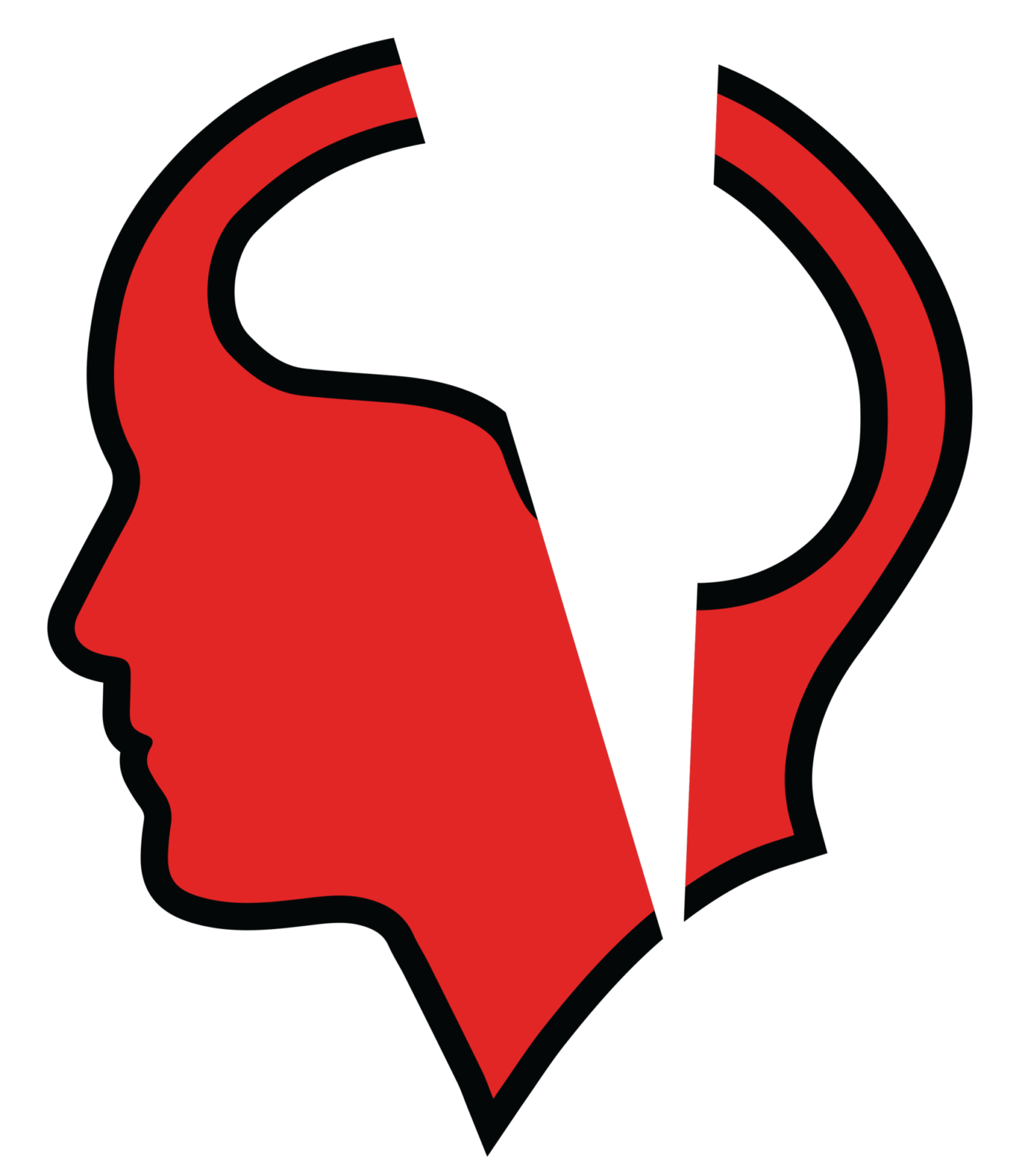We all know that we should eat healthily and exercise regularly to keep our bodies in tip-top shape. But what about our brains? Just like our muscles, our brains need to be worked out and challenged to stay sharp. Mental skills expert Dr John DenBoer has spent years researching the science of the mind, and she has some interesting insights on how we can improve our brainpower.
This blog post reveals her top 5 tips for improving your mental skills. From choosing the right foods to exercising your brain, these tips will help boost your brainpower, so if you’re looking for ways to sharpen your mind, read on!
Pay Attention To Your Diet.
A well-balanced diet is essential for good health, including brain health. Eating plenty of fresh fruits and vegetables, whole grains, and lean protein can help keep your mind sharp. omega-3 fatty acids in fish like salmon and other cold-water fish are perfect for the brain.
Nuts, seeds, and beans are good protein sources and healthy fats. And remember to stay hydrated! Drinking plenty of water helps keep your body and mind functioning at their best.
Get Regular Exercise
It’s no secret that exercise is good for physical health, but did you know it can also improve your mental skills? That’s right, according to cognitive skills expert Dr John DenBoer, regular exercise can help improve your brainpower.
Here’s how it works: Exercise increases blood flow to the brain, which helps to deliver more oxygen and nutrients to the cells. This can help to improve brain function and protect against age-related decline. In addition, exercise has been shown to boost levels of BDNF (brain-derived neurotrophic factor), a protein that promotes the growth and development of new nerve cells.
So if you want to boost your mental skills by expertrecommendation, make sure to get regular exercise!
Get Enough Sleep
Most people need around eight hours of sleep per night. However, some people may need more or less.
You can do a few things to ensure you’re getting enough sleep. First, avoid caffeine and alcohol before bed. These substances can disrupt your sleep patterns.
Second, create a bedtime routine. This could include reading or taking a bath and doing the same thing every night signals to your body that it’s time to wind down and go to sleep. You can get mental skills training.
Third, make sure your bedroom is dark and quiet. This environment is conducive to falling asleep quickly and staying asleep through the night.
If you’re still having trouble sleeping, talk to your doctor about potential underlying causes such as insomnia or sleep apnea. Getting enough rest is essential for maintaining good brain health, so don’t hesitate to seek help if you need it.
Reduce Stress
Stress is one of the most common mental health problems in the United States. It can harm your mental and physical health. There are many different ways to reduce stress. Some people use relaxation techniques such as yoga or meditation. Others use positive thinking or reframing. Some people use physical activity to reduce stress.
There is no one-size-fits-all approach to reducing stress by mental skills expert. You may need to try several different methods to find what works best. If you’re feeling overwhelmed, talk to a mental health professional who can help you develop a plan to reduce your stress.
Conclusion
Neuroplasticity is the brain’s ability to change and adapt in response to new experiences. This means you can improve your brainpower with the proper mental skills training.
- Practice mindfulness: Mindfulness helps to focus and connect the dots between our thoughts, emotions, and actions. It allows us to see clearly what is happening around us and within us to make better choices.
- Exercise regularly: Exercise helps increase blood flow and oxygen to the brain, allowing it to function at its best. Regular exercise also helps to reduce stress levels, which can hurt cognitive function.

